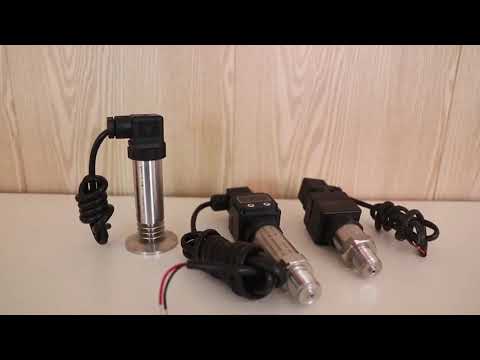Understanding the Importance of Conductivity Meters in Measuring Salinity
Conductivity meters are essential tools in measuring salinity levels in various environments, including water bodies, soil, and industrial processes. Salinity, which refers to the concentration of dissolved salts in a solution, plays a crucial role in determining the quality of water and soil, as well as the efficiency of industrial processes. Conductivity meters measure the ability of a solution to conduct electrical current, which is directly related to the concentration of dissolved ions, including salts.
| Model | CM-230S Ecomonical conductivity monitor |
| Range | 0-200/2000/4000/10000uS/cm |
| 0-100/1000/2000/5000PPM | |
| Accuracy | 1.5%(FS) |
| Temp. Comp. | Automatic temperature compensation based on 25\\u2103 |
| Oper. Temp. | Normal 0\\uff5e50\\u2103; High temp 0\\uff5e120\\u2103 |
| Sensor | Standard:ABS C=1.0cm-1 (others are optional) |
| Display | LCD Screen |
| Zero Correction | Manual correction for low range 0.05-10ppm Set from ECO |
| Unit Display | uS/cm or PPM |
| Power | AC 220V\\u00b110% 50/60Hz or AC 110V\\u00b110% 50/60Hz or DC24V/0.5A |
| Working Environment | Ambient temperature:0\\uff5e50\\u2103 |
| Relative humidity\\u226485% | |
| Dimensions | 48\\u00d796\\u00d7100mm(H\\u00d7W\\u00d7L) |
| Hole Size | 45\\u00d792mm(H\\u00d7W) |
| Installation Mode | Embedded |
Conductivity meters are also versatile tools that can be used in a wide range of applications. In addition to measuring salinity in water bodies such as oceans, lakes, and rivers, conductivity meters are commonly used in agriculture to monitor soil salinity levels. Excessive salinity in soil can have detrimental effects on plant growth and crop yield, making it essential for farmers to regularly test and manage salinity levels. Conductivity meters provide a simple and effective way to assess soil salinity and implement appropriate remediation measures.
In industrial processes, conductivity meters are used to monitor and control salinity levels in various applications, including water treatment, food and beverage production, and chemical manufacturing. Maintaining the correct salinity levels is critical for ensuring product quality, process efficiency, and regulatory compliance. Conductivity meters enable operators to continuously monitor salinity levels and make adjustments as needed to optimize production processes.
Another important aspect of conductivity meters is their ease of use and portability. Modern conductivity meters are compact, lightweight, and user-friendly, making them suitable for field measurements and on-site testing. Whether conducting water quality assessments in remote locations or monitoring salinity levels in industrial facilities, conductivity meters provide a convenient and reliable solution for measuring salinity.

In conclusion, conductivity meters play a vital role in measuring salinity levels in various environments and applications. Their speed, accuracy, versatility, and ease of use make them indispensable tools for monitoring and controlling salinity in water bodies, soil, and industrial processes. By utilizing conductivity meters, researchers, farmers, and industrial operators can effectively manage salinity levels to ensure optimal conditions and maximize productivity. Understanding the importance of conductivity meters in measuring salinity is essential for maintaining the quality of water, soil, and products, as well as protecting the environment and human health. Conductivity meters are valuable instruments that contribute to sustainable practices and efficient processes in a wide range of industries.







